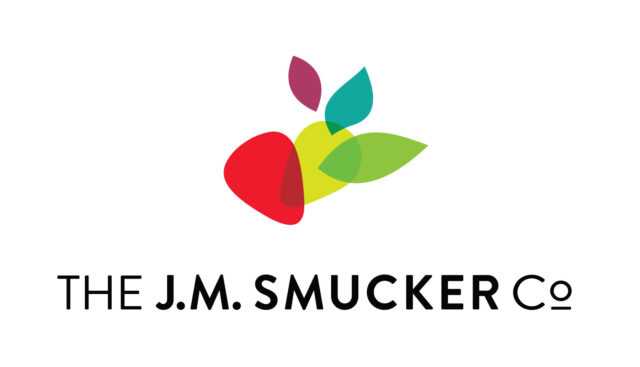ORRVILLE, OHIO — The J.M. Smucker Co. is using science and technology to push the coffee industry forward. Leveraging analytical capabilities to create new formulations for consumers is a key area of focus for the company’s $2.5 billion coffee business.A shift toward at-home coffee consumption during the pandemic has benefited brands like Folgers and Café Bustelo. At-home consumption now represents more than 70% of all coffee drinking occasions, compared to two-thirds pre-pandemic.
“The pandemic really called to light that consumers’ energy needs change throughout the day,” said Jenn Sabo, director of coffee R&D, mainstream product development and advanced coffee science, at Smucker. “How do we change our approach to fit into consumers’ lives when there really is no morning routine anymore? It’s no longer just ‘the best part of waking up.’ It’s about providing opportunities for consumers to have the right level of energy throughout the entire day.”
Dark roast coffee and premium coffee are important from an innovation perspective, added Jim Trout, vice president of coffee R&D. Cold coffees also are gaining momentum. Smucker’s partnership with Inspire Brands-owned Dunkin’ has yielded several coffees that address those needs, like Dunkin’ Espresso and Dunkin’ Cold Brew.
Innovating for millennials and Gen Z is another area of focus for Smucker’s coffee team. Younger shoppers are becoming more vocal about what they want to see from the company’s coffee brands.
“Our next generation of consumers are shaping the future of coffee consumption in a big way,” Ms. Sabo said. “These are the consumers that are the most in tune with how coffee makes them feel physiologically as well as mentally.”
Smucker is working with researchers from a local university to help find solutions to issues like anxiety and gastrointestinal distress, which are top of mind for younger coffee drinkers. The company partnered with Case Western Reserve University to better understand coffee metabolism. Its goal is to innovate products that are tailored to consumers that have caffeine hesitancy or that have flagged issues around stomach irritation.
“When it comes to functionality, a lot of people just think about adding ingredients,” Ms. Sabo said. “That’s part of what we’re looking at, but we’re really trying to look beyond that and use science to make long-term solutions.”
Science may hold the key to unlocking long-term solutions around climate change and sustainability, too. Rising temperatures pose a growing threat to key coffee-growing regions. IDB Group predicts climate change will reduce the area suitable for growing coffee in Latin America by up to 50% over the next three decades.
Smucker is a founding member of World Coffee Research (WCR), a non-profit focused on developing more climate-resilient coffee varieties, curbing emissions and promoting efficient land use. Supporting smallholder coffee farmers across the globe is a priority for Smucker and other members of the organization.
“It’s really important that our efforts focus on the smallholder farmers by providing training on good agricultural practices,” said Rebecca Ott, director of corporate sustainability at Smucker. “It’s offering not only an environmental benefit, but also providing them improved yield and profitability.”
Developing and maintaining a diverse global coffee supply can help mitigate supply chain challenges while meeting consumer demand for coffee from different parts of the world, Mr. Trout added. Shoppers are seeking a variety of flavor profiles, from the bright acidity of South American blends to the earthy tastes of Southeast Asian coffee.
Only a handful of coffee-growing countries, like Brazil and Colombia, have strong internal R&D programs already in place.
“Other countries are more vulnerable to climate change and supply chain disruptions because they’re not as far along with the internal ag development,” Mr. Trout said. “That’s where the coffee research really comes in. We’re partnering with those smaller countries that provide coffees with very nuanced tastes, because we want to be able to have a diverse supply of coffee in the future.”

















 CAPS: the new proprietary system using capsules made of 85% recycled aluminium
CAPS: the new proprietary system using capsules made of 85% recycled aluminium